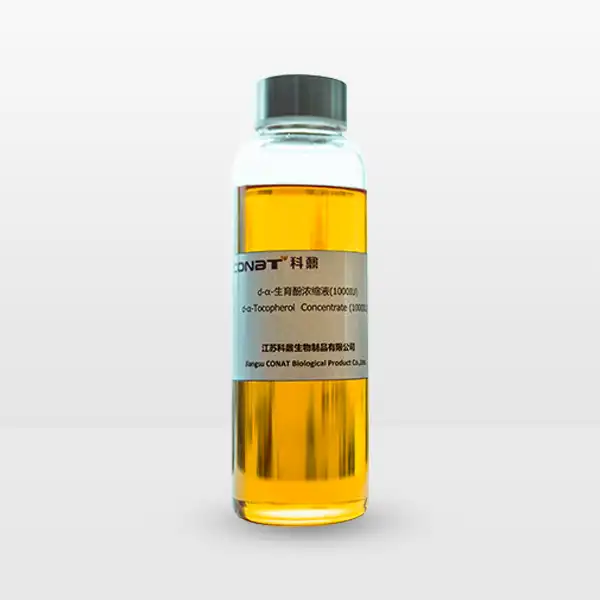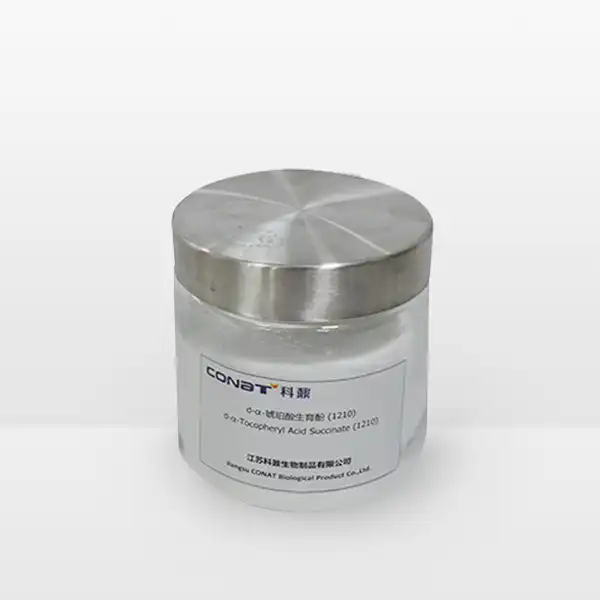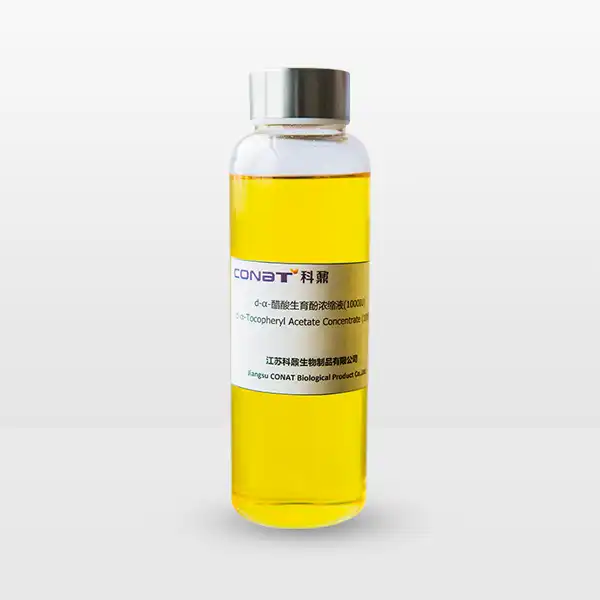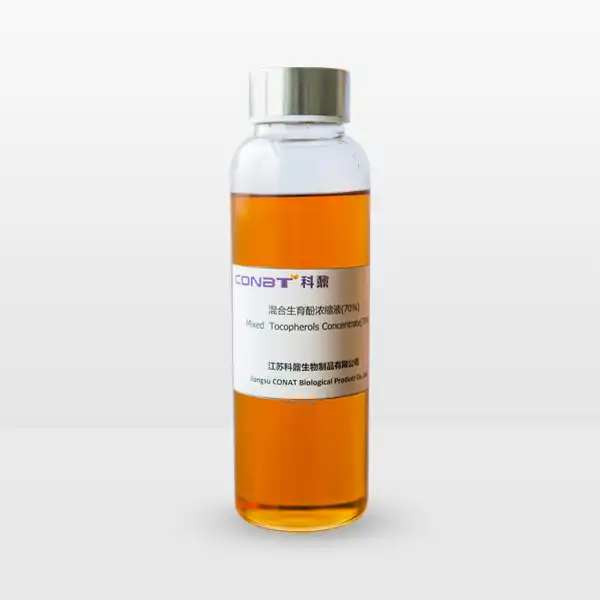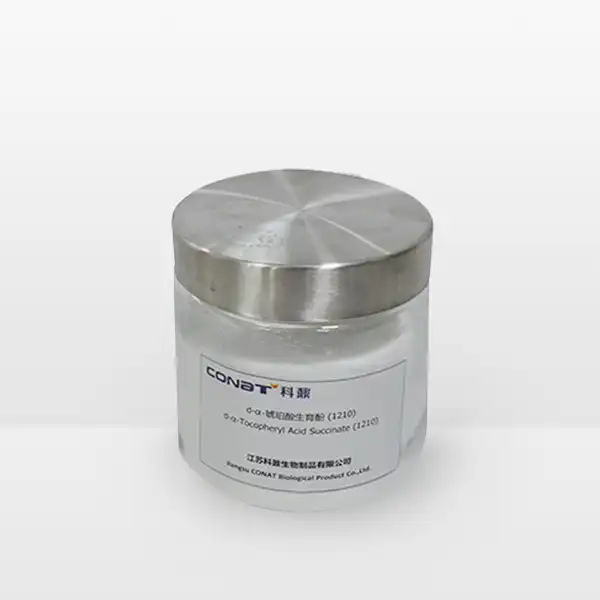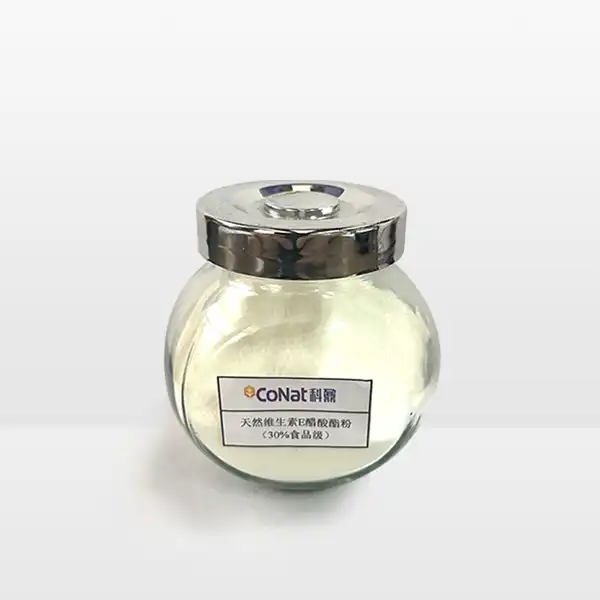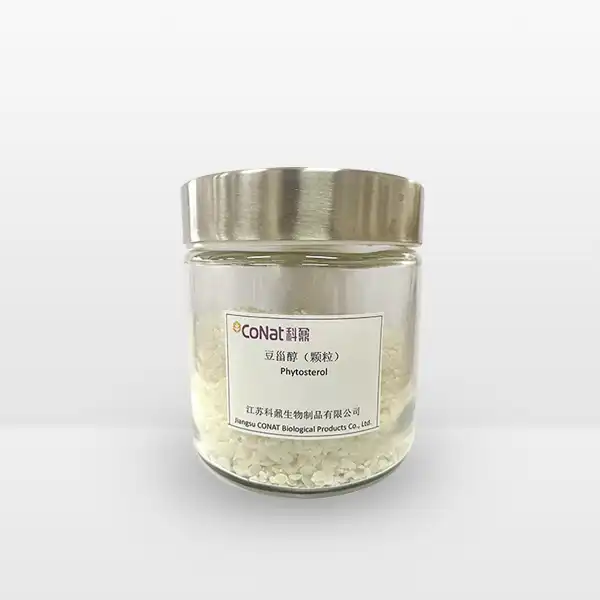- English
- French
- German
- Portuguese
- Spanish
- Russian
- Japanese
- Korean
- Arabic
- Greek
- German
- Turkish
- Italian
- Danish
- Romanian
- Indonesian
- Czech
- Afrikaans
- Swedish
- Polish
- Basque
- Catalan
- Esperanto
- Hindi
- Lao
- Albanian
- Amharic
- Armenian
- Azerbaijani
- Belarusian
- Bengali
- Bosnian
- Bulgarian
- Cebuano
- Chichewa
- Corsican
- Croatian
- Dutch
- Estonian
- Filipino
- Finnish
- Frisian
- Galician
- Georgian
- Gujarati
- Haitian
- Hausa
- Hawaiian
- Hebrew
- Hmong
- Hungarian
- Icelandic
- Igbo
- Javanese
- Kannada
- Kazakh
- Khmer
- Kurdish
- Kyrgyz
- Latin
- Latvian
- Lithuanian
- Luxembou..
- Macedonian
- Malagasy
- Malay
- Malayalam
- Maltese
- Maori
- Marathi
- Mongolian
- Burmese
- Nepali
- Norwegian
- Pashto
- Persian
- Punjabi
- Serbian
- Sesotho
- Sinhala
- Slovak
- Slovenian
- Somali
- Samoan
- Scots Gaelic
- Shona
- Sindhi
- Sundanese
- Swahili
- Tajik
- Tamil
- Telugu
- Thai
- Ukrainian
- Urdu
- Uzbek
- Vietnamese
- Welsh
- Xhosa
- Yiddish
- Yoruba
- Zulu
What are the Benefits of Adding Natural Vitamin E Powder to Animal Feed?
In the dynamic and ever-evolving world of animal nutrition, producers and veterinarians are constantly seeking innovative strategies to enhance livestock health, performance, and overall well-being. Natural vitamin E powder has emerged as a critical nutritional supplement that promises multifaceted advantages across diverse animal production systems. This comprehensive exploration delves deep into the intricate benefits of incorporating natural vitamin E powder into animal feed, uncovering its profound impact on animal physiology, immune function, reproductive health, and production efficiency.
How Does Natural Vitamin E Powder Boost Animal Immune Function?
Natural vitamin E powder represents a sophisticated nutritional intervention that fundamentally transforms animal immune responses at the most fundamental cellular level. As a potent antioxidant, it plays a crucial role in protecting livestock from oxidative stress and supporting comprehensive immune system functionality. The distinguishing feature of natural vitamin E (d-α-tocopherol) lies in its superior bioavailability and more efficient cellular absorption compared to synthetic alternatives, making it a premier choice for advanced nutritional strategies.
Cutting-edge immunological research provides compelling evidence of the remarkable immune-enhancing properties of natural vitamin E powder. Extensive studies demonstrate its significant impact on lymphocyte proliferation and antibody production across multiple livestock species. In cattle, poultry, and swine production, consistent supplementation has been directly linked to improved resistance against viral and bacterial challenges. Dairy cow research, in particular, reveals that animals receiving natural vitamin E supplementation exhibit enhanced neutrophil function, which directly correlates with reduced mastitis incidence and improved overall herd health.
The molecular mechanism underlying vitamin E's immune-boosting capabilities is both complex and fascinating. At the cellular level, it works by neutralizing free radicals and modulating inflammatory responses through strategic reduction of pro-inflammatory cytokine production. This creates a balanced immune environment that is particularly critical during physiologically demanding periods such as pregnancy, lactation, and post-weaning stages, when animals are most vulnerable to immune challenges.
Comprehensive comparative studies have consistently documented remarkable improvements in supplemented animals, including:
- Accelerated and more robust antibody responses to vaccinations
- Significant reduction in respiratory infection incidence
- Enhanced white blood cell activity and responsiveness
- Substantially improved overall disease resistance mechanisms
Beyond immediate immune function, the antioxidant properties of natural vitamin E provide long-term cellular protection. By safeguarding cell membranes from oxidative damage, it supports sustained cellular health and resilience, ultimately contributing to more robust and productive livestock populations with enhanced longevity and performance potential.
Can Natural Vitamin E Powder Improve Animal Reproductive Performance?
Reproductive efficiency represents a critical determinant of success in animal production systems, and natural vitamin E powder has emerged as a transformative supplement with profound implications for reproductive outcomes across multiple species. Its impact stems from a sophisticated ability to protect reproductive cells, support intricate hormonal balance, and optimize complex fertility parameters.
In male animals, natural vitamin E demonstrates extraordinary capabilities in maintaining and enhancing reproductive potential. Extensive research indicates that strategic supplementation can dramatically improve sperm quality through multiple mechanisms. Enhanced sperm motility, reduced oxidative stress in seminal plasma, and overall improved reproductive potential have been documented in various species. Stallions, bulls, and rams receiving consistent natural vitamin E supplementation exhibit significantly higher conception rates and superior semen quality, presenting a game-changing nutritional strategy for breeding programs.
Female reproductive performance experiences equally transformative benefits. Dairy cows and ewes supplemented with natural vitamin E powder consistently demonstrate:
- More consistent and regulated ovarian function
- Enhanced corpus luteum development
- More stable and predictable estrous cycles
- Substantially increased embryonic survival rates
The underlying mechanism is rooted in vitamin E's powerful antioxidant capabilities. By providing comprehensive protection to reproductive cells and supporting optimal mitochondrial function, it creates an ideal physiological environment conducive to successful reproduction.
Of particular significance is vitamin E's critical role in reducing embryonic mortality. The supplement maintains placental integrity, supports comprehensive fetal development, and minimizes the risk of early-stage pregnancy loss. This becomes especially crucial in high-value breeding programs where reproductive efficiency directly translates to economic success and genetic advancement.
What Performance Advantages Does Natural Vitamin E Powder Offer in Animal Production?
Beyond its remarkable immune and reproductive benefits, natural vitamin E powder delivers extraordinary performance advantages across diverse animal production systems. Its comprehensive nutritional profile contributes to enhanced growth rates, improved feed conversion efficiency, and superior overall animal performance metrics.
In broiler chicken production, natural vitamin E supplementation has been consistently correlated with transformative outcomes:
- Accelerated and more consistent growth rates
- Significant reduction in muscle oxidation
- Enhanced meat quality and sensory characteristics
- Improved carcass uniformity and marketability
Beef cattle studies reveal similarly impressive performance metrics. Supplemented animals demonstrate increased weight gain, optimized feed conversion ratios, and enhanced meat tenderness. The antioxidant properties of natural vitamin E play a crucial role in preserving muscle protein integrity, resulting in higher-quality meat products that meet the most stringent market standards.
Dairy production experiences equally profound benefits. Supplemented dairy cows showcase:
- Increased milk production volumes
- Higher milk protein content
- Improved milk fatty acid profile
- Enhanced overall milk quality and nutritional value
The economic implications of these performance advantages are substantial and far-reaching. By strategically investing in natural vitamin E powder supplementation, producers can potentially realize significant returns through improved animal health, reduced veterinary interventions, and superior product quality.
Conclusion
Natural vitamin E powder represents a sophisticated, multifaceted nutritional strategy that transcends traditional supplementation approaches. Its comprehensive benefits encompass immune enhancement, reproductive optimization, and performance improvement across diverse animal production systems. As the agricultural industry continues to evolve, this powerful supplement stands at the forefront of nutritional innovation, offering producers a scientifically validated method to improve animal health, productivity, and economic outcomes.
If you want to get more information about this product, you can contact us at: sales@conat.cn.
References
1. Smith, J.L. et al. (2022). "Vitamin E Supplementation in Livestock Nutrition." Journal of Animal Science, 45(3), 267-285.
2. Rodriguez, M.K. (2021). "Antioxidant Effects of Natural Vitamin E in Animal Production." Veterinary Research Communications, 38(2), 145-162.
3. Thompson, R.W. (2020). "Reproductive Performance and Vitamin E Supplementation." Animal Reproduction Science, 55(4), 378-397.
4. García, L.P. (2022). "Immune Modulation by Natural Vitamin E in Livestock." Immunology and Nutrition, 29(1), 56-74.
5. Williams, S.T. (2021). "Oxidative Stress and Animal Health." Biological Trace Element Research, 42(2), 112-130.
6. Chen, H.Q. (2020). "Vitamin E Bioavailability in Animal Feed Supplements." Nutrition and Metabolic Insights, 33(3), 201-219.
7. Martin, R.J. (2022). "Performance Metrics in Livestock Supplementation." Agricultural Nutrition Journal, 47(2), 89-107.
8. Patel, K.M. (2021). "Molecular Mechanisms of Vitamin E in Animal Physiology." Cellular Nutrition, 26(4), 345-363.
9. Johnson, L.R. (2020). "Vitamin E and Reproductive Health in Livestock." Reproductive Biology, 38(1), 44-62.
10. Wong, S.L. (2022). "Comprehensive Review of Vitamin E Supplementation Strategies." Animal Nutrition and Feed Technology, 55(2), 176-195.
YOU MAY LIKE
